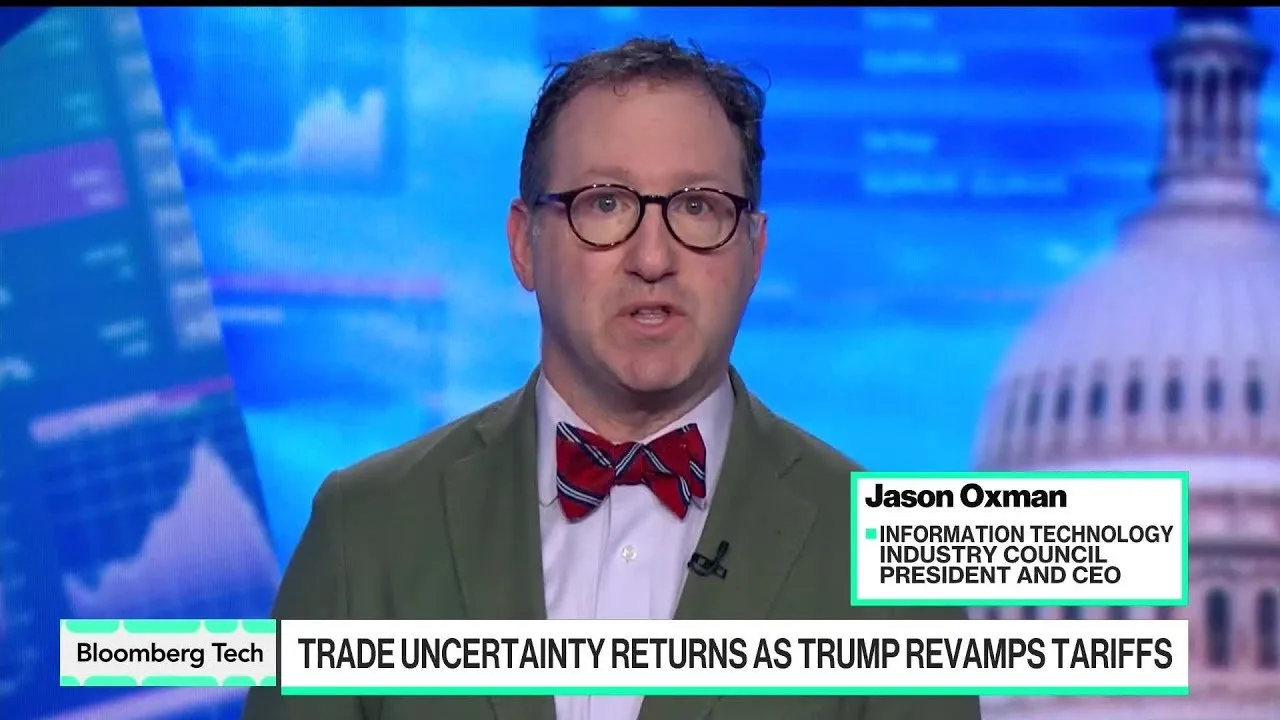Table of Contents
Key Takeaways
- Microsoft has unveiled an upgraded "Copilot" AI assistant that develops "memory" to remember user preferences and can take independent actions on behalf of users
- The new Copilot features autonomous capabilities like booking tickets, making reservations, and shopping online
- This release represents Microsoft's biggest step toward reducing OpenAI dependency and reinventing its image in the consumer market
- Mustafa Suleyman, former co-founder of Google's DeepMind, is leading Microsoft's consumer AI initiatives
- The move comes amid Microsoft's 50th anniversary celebrations and broader strategic shifts in its AI strategy
Groundbreaking Features of Microsoft's New Copilot AI Assistant
- The upgraded AI assistant develops a "memory" that can recall important personal details like family birthdays and hobbies
- New "agentic" AI abilities allow Copilot to independently book tickets, make reservations, and shop online for goods
- Microsoft emphasized that users will retain control over these new autonomous capabilities
- A new "Vision" feature enables Copilot to process information directly from a user's phone camera
- The company previewed plans for Copilot to have an avatar, reminiscent of its infamous Clippy assistant from the late 1990s
- A podcast-generating feature was demonstrated, similar to one previously developed at Google's DeepMind
Strategic Significance for Microsoft's Consumer Market Position
- This update represents the most significant development for Microsoft's consumer AI unit
- Microsoft is actively seeking to leverage AI to reinvent its image among consumers
- The consumer market has historically been challenging for Microsoft, where it has frequently lost ground to competitors like Apple, Amazon, and Google
- Microsoft derives more than three-quarters of its revenue from corporate offerings like Microsoft 365 workplace tools and Azure cloud services
- The company is using AI to upgrade its Bing search engine to compete with Google, which maintains a 90% market share
Microsoft's Evolving AI Strategy and Leadership
- The Copilot update comes more than a year after Mustafa Suleyman joined Microsoft as consumer AI chief
- Suleyman, who co-founded Google's DeepMind unit, was hired from Inflection AI in March 2024
- Microsoft paid $650 million to license Inflection's technology and hire most of its talent
- The company is undergoing a strategic overhaul to reduce its dependency on OpenAI
- CEO Satya Nadella has distanced Microsoft from OpenAI's capital-intensive pursuit of artificial general intelligence (AGI)
- Nadella has called self-claimed AGI milestones "nonsensical benchmark hacking"
- Microsoft maintains a profit-sharing agreement with OpenAI and access to its models until at least 2030
Historical Context and Corporate Transformation
- The announcement came during an event marking Microsoft's 50th anniversary
- The event was attended by former CEO Steve Ballmer and co-founder Bill Gates
- Both former leaders had made poorly received bets in the consumer market, including the Zune music player and Windows smartphones
- Current CEO Satya Nadella took over in early 2014 and pivoted Microsoft's business from desktop computers to the cloud
- Under Nadella's leadership, Microsoft's share price has risen tenfold to nearly $2.8 trillion
- S Somasegar, a former Microsoft executive, noted that if Suleyman's consumer AI work resonates, it could "unlock huge amounts of value"
Competitive Landscape and Industry Positioning
- Many features Microsoft highlighted, including "deep research," are already available on OpenAI's platform
- Copilot is built in part using OpenAI's models but is less popular than OpenAI's ChatGPT
- The OpenAI relationship became complicated after a boardroom conflict involving Sam Altman in late 2023
- Microsoft has widened its pool of AI investments, backing France's Mistral and Abu Dhabi's G42
- The company is focusing on commercialization of AI technology through applications rather than theoretical advances
- Microsoft argues that much of the potential economic uplift tied to AI will be generated through practical applications






